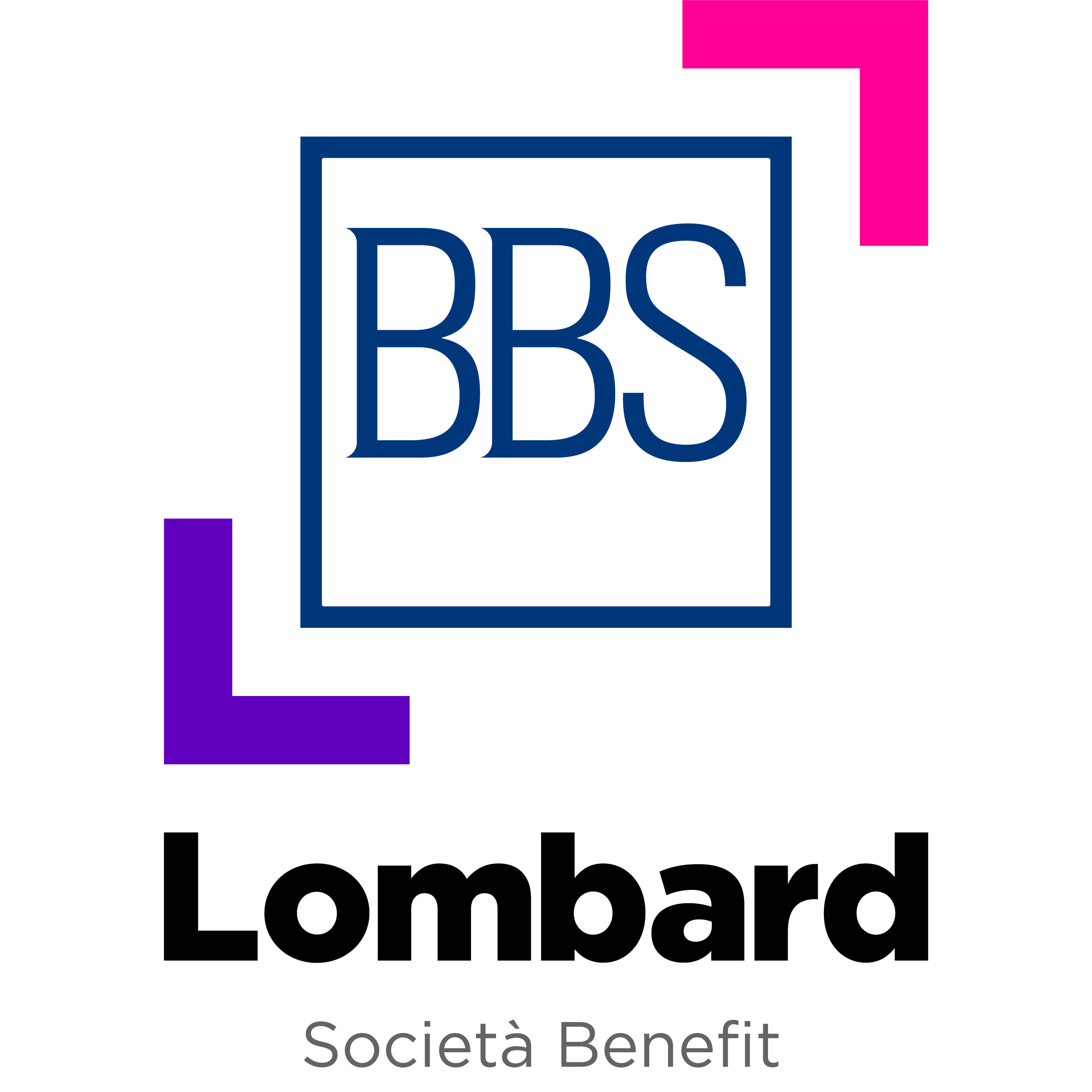GALLERY CLIMATE COALITION ITALY: GALLERIES COMMITTED TO REDUCING THEIR ENVIRONMENTAL FOOTPRINT
Chiara Repetto
What is the Gallery Climate Coalition?
The Gallery Climate Coalition (GCC) is an international community of arts organisations working to reduce our sector’s environmental impacts.
GCC’s primary goal is to facilitate a reduction of the sector’s CO2 emissions by a minimum of 50% by 2030 but we also work to promote zero waste.
We develop and share best practice, provide leadership on sector specific environmental issues and work to leverage the collective power of our membership to achieve systemic changes.
As a registered charity we are a not-for-profit and all our tools and resources are provided free of charge. As a result GCC relies on voluntary donations to run its operations.
When was the organization founded in Italy?
GCC was born in London in October 2020, then expanded to Berlin, Los Angeles and, in January 2022, to Italy. New York joining would be fantastic since the more galleries there are in the same place, the more effective their joint action can be.
What aspects of the art world that have the most negative impact on the environment?
We are increasingly aware of the most harmful practices, also thanks to the work of the Gallery Climate Coalition. Using an ecological footprint calculator, we are able to see which activities pollute the most. The two most high-impact elements are most certainly travel and transport. In our world they cannot be completely eliminated but strategies can be applied to mitigate their effects. This is possible
especially in the transport of artworks thanks to groupage shipments. Furthermore, you can use transporters that adopt their own sustainability measures; we are developing a list of these to provide to our members. When it comes to travel, it is more difficult to be sustainable when you have to fly. If it can’t be avoided, the recommendation is to travel in economy class. We are trying to create a culture where taking a trip is not a necessity and in this Covid has helped us because it forced us to work from home and find creative solutions to make up for the fact that we couldn’t travel.
What other concrete actions can be taken in the daily activity of a gallery?
There are many small actions we can take to change behaviours, for example, GCC suggests that each gallery has a small “green team”, an internal working group that looks at best behaviours and practice. A lot can also be done in the warehouse since packaging has a major impact on the environment. You can find sustainable and reusable materials that do not involve additional expense however.
GCC strives to find green suppliers and materials for our members for each of the places where we are based.
In addition, we have an organisation that deals with off-setting to which we turn to for ‘mistakes’ already made. If we take part in a fair, for example, we provide data on how many works of art we sent and how many people travelled there and the company tells us how much we have pay to compensate. It’s a bit like punching someone and then apologizing, but it’s a start.
We have eliminated plastic and replaced water bottles with a water purifier. In some cases, the actions can seem limited to our immediate environment, but I believe that the world of art can lead by example.
Which artists are most attentive to this issue?
There are many, one is Davide Balula, a French artist based in New York, who is one of the founders of another organization dedicated to reducing the environmental impact of the art world called Artists Commit, with which we are connected. Other than his art, which is directly connected to nature, the awareness-raising work he does with respect to the environmental impact of his exhibitions and the production of his works is also important.
Loris Cecchini from Italy is also an artist who is very sensitive to this subject, in fact, he donated one of his works on the occasion of GCC Italia’s first participation at Miart in 2022, the sale of which was used to finance our activities.
Who are your members and partners?
Our group is still in the formation phase but we are already lobbying, for example, and putting pressure on fairs. Frieze is already on board, in fact, Victoria Siddall, former director of Frieze, is already on board. The Miart fair is also a great supporter of the Italian group. Art Basel is also a partner and, actually, this year in Basel water dispensers and water bottles were installed for the exhibitors.
That’s hundreds of plastic bottles spared. We are aware of how much moving around is required with a fair. In a way we are a bit of a living paradox but standing still and doing nothing doesn’t help.
Chiara Repetto is partner of the Repetto Kaufmann gallery based in Milan and New York. Graduated in literature, after a master in publishing and some experience in publishing houses, in 2005, she began collaborating with her sister in the gallery opened in 2000, Galleria Francesca Kaufmann. Partner since 2007, in 2013 she moved to New York, where they opened the American branch of the gallery Repetto Kauffman first in Chelsea and now, since 2019, in Tribeca.
